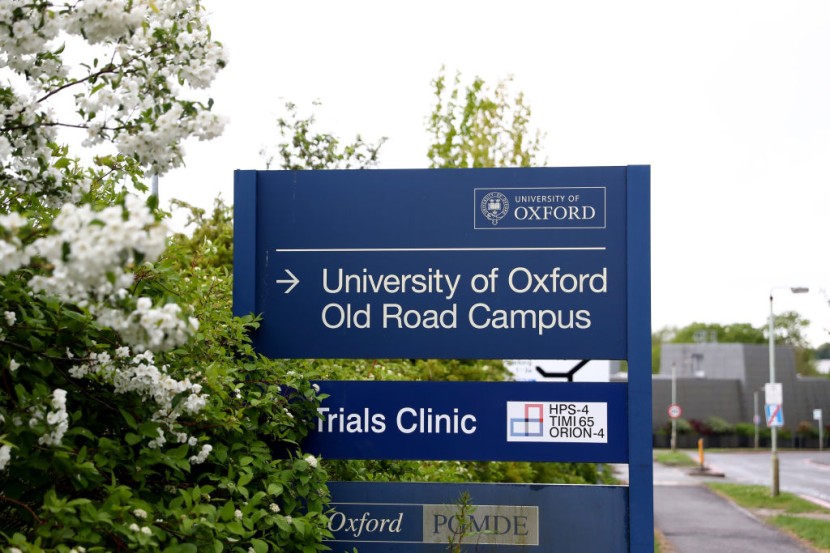
The Oxford/AstraZeneca potential COVID-19 vaccine's late-stage trial results are deemed as "intriguing." It will be further probed how an initial half-dose of the shot offers more protection.
The third major novel coronavirus vaccine candidate has revealed promising results in late-stage trials, concluded to be around 70% effective in the prevention of coronavirus and 90% effective when administered half-dose, reported a statement released on Monday (November 23).
Half-Dose is Needed to Be Administered
Also according to Phase III trial results of the vaccine, it is 62% effective if administered in two full doses, reported Reuters.
The report follows recent declarations from Pfizer and Moderna that their coronavirus vaccine candidates were both around 95% effective, reported Livescience.
The report reached Sarah Gilbert on Saturday night that the COVID-19 vaccine candidate she has created with AstraZeneca Plc appeared to work. The University of Oxford professor had anticipated a key number; it was 90% effective as others have been less.
A stroke of good luck came from a dosing error to pave the way for AstraZeneca and Oxford University to submit their vaccine for regulatory clearance.
According to the British drugmaker, the effectiveness comes when administered as a half-dose followed by a full dose a month later. It cited data from Britain and Brazil late-stage trials.
The Oxford vaccinologists were elated on Monday when drugmaker AstraZeneca, with whom they partnered in developing the vaccine, announced its effectiveness.
According to Adrian Hill, director of Oxford University's Jenner Institute which created the vaccine shot, "It can only happen if extraordinary support is provided. We had pretty well the whole institute in Oxford working on this vaccine," reported another article from Reuters.
The report from Oxford University that its COVID-19 vaccine was effective has been lauded, but it also caused some intrigue following the report of two different sets of numbers after the trial.
The overall effectiveness was recorded at 70 percent with two separate results looking at what transpired when the vaccine was administered in different doses.
Researchers warned against making head-to-head comparisons of vaccines on the basis of incomplete data. According to scientists, the discrepancy in the recent results means there is uncertainty in how well the Oxford vaccine shields against COVID-19 without more data from efficacy trials underway. "We're slightly in danger of rushing to compare apples and oranges. There's a long, long way to go before these data settle down and get reported and published in full," stated Daniel Altmann, an immunologist at Imperial College London, reported Nature.
The reason behind their half-dose was serendipity, according to Mene Pangalos, the head of AstraZeneca's non-oncology research and development.
When Astra was establishing its partnership with Oxford in April, researchers were administering doses to trial participants in the United Kingdom. Expected side effects were apparent including headaches, fatigue, or arm aches were milder than expected.








